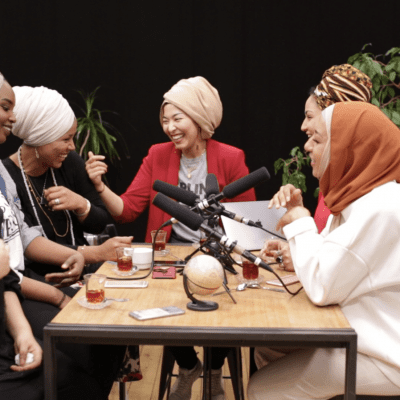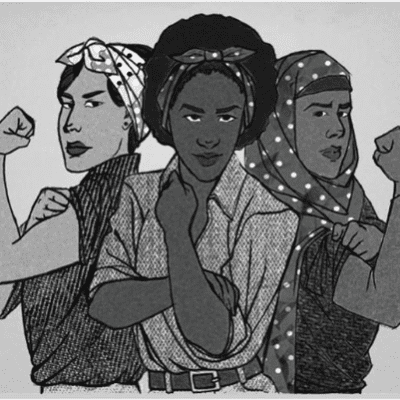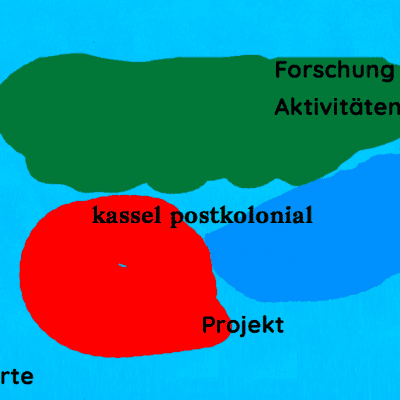Article
Being the daughter of migrants, Senior Fellow Gizem Gülcivan struggled with varying identities all her life. Torn between two national identities, she could see the struggles in others as well: others ascribing identities onto you, not seeing that identities are flexible and malleable, denying you the possibility to belong to various groups, forgetting, that a “wrong” choice can shape their further interactions with others. Or even when identifying as German, others telling you, you can’t belong to this group. The Action Project, Hybrid-Identities, was a personal matter for Gizem.

Racism can shape identities in multiple ways.
Many teens are struggling in finding an identity for themselves, whether it is about their gender, religion, hobbies, or political views. People of Color (PoC) teens are struggling to finding an identity in a German society that tries to force identities onto them. They are seen as foreigners, despite being third-generation Germans. Many times, they are forced to decide between their identities: either Turkish or German, but you cannot be both. Racism can shape identities in multiple ways: being forced to choose a national identity, being torn if you can’t choose, deciding whether the need to belong to your parents heritage is more important the belonging to your surroundings, etc.
After it was clear to Gizem that she wanted to prepare an empowerment workshop, she needed a topic related to racism. Relatively quickly she had chosen identity. A dear colleague of Gizem helped her with the concept, since they had collaborated on workshops in the past. After finding a venue to host the project, she adjusted the concept for the peer group.
Gizem shared that, “It is always inspiring to hear and learn from others, especially if there is an age gap.”
For the workshop itself, not many resources were needed. Most importantly she had to find a location that was free. In Frankfurt, where she was based, that was unrealistic. Ultimately, Gizem asked friends from her hometown if they had any suggestions. In the end, DIDF Hanau offered their meeting room and were very interested in sending their own members to the workshop.
This workshop was not to tell people their identities, but rather to signal to them that forced identities do not need to resemble their own understanding of identity and that they are free to choose, and can even have multiple identities, such as being German and Turkish at the same time.
In workshops with PoC, a safe space is required because it allows participants to be vulnerable and share personal stories. Gizem realized that the teens she worked with were struggling with the same problems she did as a teenager. Apparently people in Germany have not made much progress in accepting hybrid identities.
With every workshop, there is always something that comes up. For Gizem, she realized that interest in the workshop surpassed what one workshop could handle. For example, individuals ranging from 12 to 45 years old showed interest. However, creating an environment and fruitful dialogue between and within different generations proved beyond the scope of the initial workshop. Unfortunately, Gizem had to turn away everyone over 20 years old with the promise of developing another workshop for them. With so high a response, Gizem hopes to hold further workshops with the same or similar topics moving forward.






